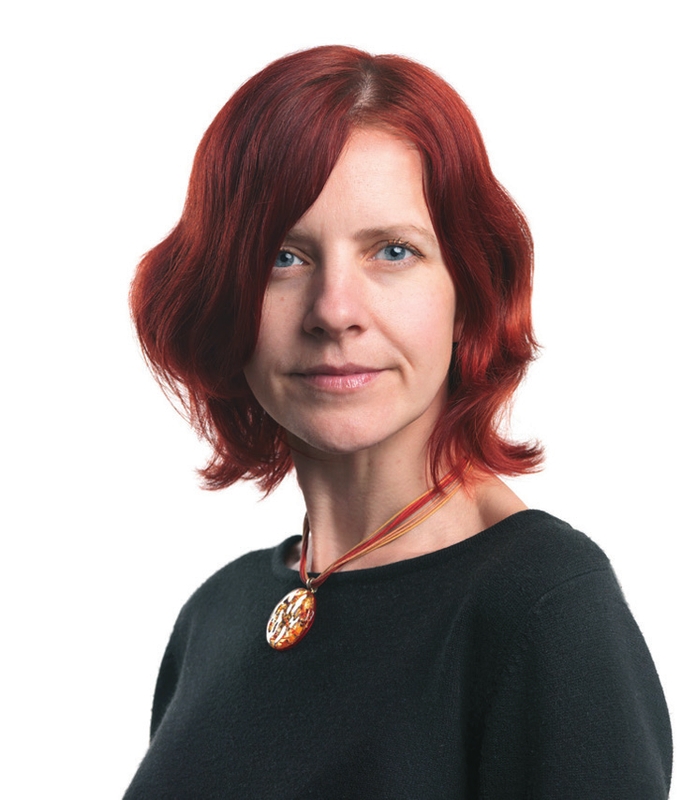“We Need 47k More Teachers” – 7 Things we Learnt at this Year’s Festival of Education

“Ofsted will back mobile phone bans, teaching is tricky, and the brain isn’t a muscle.” Helen Mulley pulls together some key takeaway messages for educators…

- by Helen Mulley

1. We need 47K more teachers
Geoff Barton’s done the maths (despite being an English teacher, would you believe it?), and if you take into account the rate at which people are leaving, and the increasing numbers of children currently making their way through primary school, that’s how many more teachers we need. Soon.
And we’re not going to get them, he suggested in his session on Thursday afternoon, if we keep on denigrating the profession, playing opposition politics, and “crushing the joy” out of the job.
It might also help, he suggested, reasonably, if we start reminding pupils that actually, teaching is both a valid and potentially very fulfilling and rewarding career option.
2. Telling kids what they’ve done wrong doesn’t necessarily help them learn more
This was just one of the research-based theories being explored by four teachers currently participating in a pilot ‘Chartered Teacher Programme’, offered by the Chartered College of Teaching.
After looking into the evidence, secondary science teacher Meenhaz Janar no longer takes his Y7 students’ books home to mark – instead, he gives them continual, oral feedback during the lesson, that’s aimed at getting them to work out for themselves where the gaps in their understanding lie.
The idea is that by the time they are in Y11, habits of checking, self-testing, redrafting and improving should be completely embedded.
No marking; better learning. Now that’s a good reason to get on board with education research.
3. Amanda Spielman identifies as a lazy, beer-swilling detective
“You say you’re often described as a ‘middle-aged Hermione Granger’,” began Laura McInerney, for her traditional (well, she’s done it for two years in a row now – and let’s face it, that’s a long time in education) final ‘curveball’ question to the Ofsted Chief Inspector at the end of the latter’s keynote speech that closed the Festival’s first day. “But really, which fictional character are you like?”
After some fumbling – “It’s your own time you’re wasting…” warned McInerney, wickedly – Amanda Spielman eventually came up with a name surely no one could have predicted: Nero Wolfe, who is, according to Wikipedia (and believe me, everyone in the room needed Wikipedia), “a brilliant, oversized, eccentric armchair detective created in 1934 by American mystery writer Rex Stout”.
My suspicions are confirmed: this formidable woman is definitely a dark horse, and I very much need to take her out for a beer at some point.
Oh, in other news, Spielman also confirmed that the ‘outstanding’ Ofsted grade is here to stay – but the inspection exemption for schools in that category will be seriously reconsidered; inspections are likely to include a separate judgement for ‘behaviour and attitude’ in the future; specialist inspectors will be trained (in phonics first, but other areas will follow) to accompany the regular ones who visit schools’; curriculum will definitely be a focus of future judgements, but there will be no ‘Ofsted approved’ version; and that Ofsted will definitely support leaders who choose to ban mobile phones in their schools (they are a distraction, and kids don’t need 24/7 access to Snapchat. Apparently.)
4. Teaching is much harder than it looks
Honestly. It requires expertise! Having repeated this pearl of wisdom in about 20 different ways, Nick Gibb used the rest of his keynote speech, which opened the festival on Friday, to say, well… more or less nothing, really.
He talked about training (the importance of); an early careers framework (the need for); his government’s policies (the universal success of); and teachers taking control of their profession (because, really, government has done its bit now, guys. Give them a break.)
No questions at the end; just polite, but rather nonplussed applause. The press office afterwards was full of furious journalists trying to work out what to say to their editor…
5. Language matters
I tried to get into Nicky Morgan’s session, but she was in the – modestly proportioned – library, and it was packed. When I realised that I wasn’t actually going to be able to hear anything at all from the wrong side of the glass walls, I nipped over to Waterloo Hall to catch up with Amjad Ali (of Try This Teaching renown) instead.
I don’t know what the audience heard from the former Education Secretary (‘buy my book’, mostly, I suspect) – but I bet they didn’t have nearly as much fun as I did with Ali.
He is an exceptional speaker; capable of having the entire room hooting with laughter one minute, and gulping back tears the next. He knows the power of a great internet clip and a brilliantly timed anecdote. And crucially, his content is rock solid.
He covered a lot of ground, but the main takeaway was: think about reframing what you are saying for the kids in your care. Word choice is important. What are we telling students when we start a lesson with ‘all, most, some’? Instead, why don’t we make all the learning accessible for everyone – with scaffolding where necessary? And what’s the point of ‘try your best’? ‘Your best’ is personal, and subjective – and quite possibly, not good enough. Instead, why not ask learners to ‘work hard’ – and show them what that should look like?
6. Stop press: the brain isn’t, in fact, a muscle
Professor Paul A Kirschner (otherwise known as ‘the researchers’ researcher’) really, really doesn’t like it when people say stupid things.
In his brilliantly acerbic, fast-paced talk on ‘urban legends in education’, he ruthlessly smashed seven beloved edumyths that are still shared in training sessions and via internet memes – including that people can multitask (they can’t); learning styles matter (they don’t); today’s kids are digital natives (they aren’t); and that there is such a thing as ‘21st-century skills, which we should be teaching in schools (there isn’t, and we shouldn’t).
He also pointed out that you get a much better t-shirt at ResearchED than you do at Wellington.
7. It’s not really a festival without a beer tent
Bunting, busking and bales of straw to sit on are all great, but, we’re just saying… #nextyear











